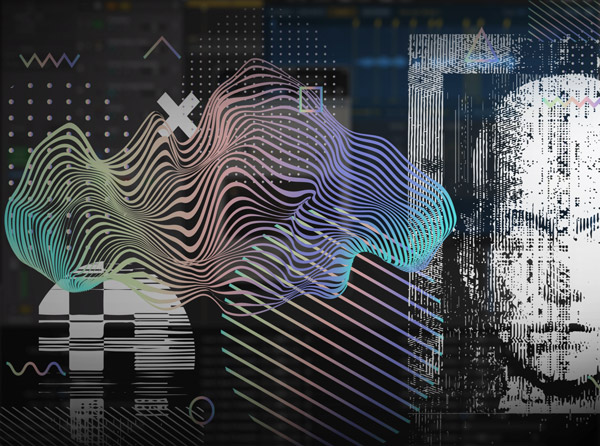In recent years, a fascinating musical phenomenon has emerged: generative music. This innovative form of composition and performance harnesses the power of artificial intelligence (AI) to create unique and ever-evolving musical compositions.
With the ability to compose, adapt, and respond in real-time, generative music offers a glimpse into the creative possibilities that arise when human ingenuity collaborates with AI algorithms. Let us explore this exciting intersection of technology and artistry and its impact on the music landscape.
The Essence of Generative Music:
Generative music refers to music that is continuously created and shaped by algorithms, often driven by machine learning techniques. Unlike traditional composition, which is fixed and pre-determined, generative music evolves in real-time, responding to various inputs such as user interactions, environmental factors, or random fluctuations.
Through a combination of predefined rules and the exploration of new patterns, generative music produces unique and unpredictable musical experiences.
The Power of Artificial Intelligence
Artificial intelligence plays a central role in generative music by enabling machines to analyze vast amounts of musical data, learn from patterns, and generate new musical sequences. Machine learning algorithms, such as recurrent neural networks and genetic algorithms, are trained on vast musical databases, absorbing the essence of various musical styles and structures.
This knowledge empowers AI systems to create music that emulates specific genres, artists, or moods, or even to produce entirely novel and groundbreaking compositions.
Endless Creativity and Collaborative Potential
One of the defining aspects of generative music is its ability to continuously evolve and adapt. By incorporating feedback loops and real-time interactions, generative music systems can respond to external cues, audience input, or even changes in the environment.
This fluidity and adaptability foster dynamic and ever-changing musical experiences, where no performance is the same.
Generative music also opens up exciting possibilities for collaboration between human composers and AI algorithms. Composers can use generative systems as creative tools, leveraging the machine’s ability to generate musical ideas, explore unconventional structures, or suggest novel chord progressions.
This collaboration between human intuition and machine-generated suggestions can push the boundaries of musical exploration and composition.
Expanding Musical Horizons
Generative music challenges traditional notions of authorship and creativity, blurring the lines between human and machine. It introduces new aesthetics and sonic landscapes that expand the listener’s musical horizons.
With generative music, the focus shifts from fixed compositions to the exploration of emergent patterns and sonic possibilities that continually unfold and surprise.
Applications and Impact
The impact of generative music extends beyond artistic expression. It has found applications in various fields, such as gaming, virtual reality, meditation, and ambient environments.
Generative music can create immersive soundscapes, adaptive soundtracks, or interactive musical experiences that respond to users’ actions, heightening engagement and enhancing the overall experience.
Moreover, generative music offers opportunities for therapeutic and therapeutic applications. Its ability to adapt and respond to individual needs allows for personalized and emotionally resonant musical experiences, supporting relaxation, focus, and emotional well-being.
Generative music represents a groundbreaking convergence of art, technology, and human creativity. It pushes the boundaries of musical composition and performance, offering an ever-changing and immersive sonic journey.
By merging the capabilities of artificial intelligence with human intuition and expression, generative music opens up a new realm of musical exploration, inspiring both composers and listeners to embrace the unexpected and tap into the infinite possibilities of sound.
As we continue to harness the potential of AI in the realm of generative music, we embark on a thrilling journey where human and machine creativity harmoniously coexist, transforming the way we perceive, create, and experience music.
